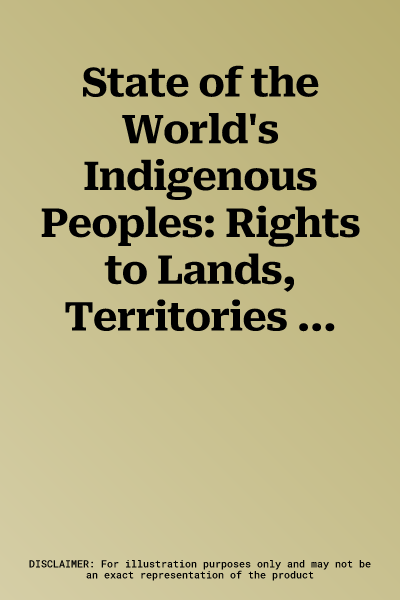This publication offers a wide-ranging perspective on indigenous
peoples' rights to lands, territories and resources, examining
legislation and agreements at the national and international level,
identifying successful practices and continued obstacles, and suggesting
ways forward. Adopted in 2007, the Declaration on the Rights of
Indigenous Peoples positions the right to self-determination and
collective rights to lands, territories and resources at its core.
Previously two of the most politically charged issues under negotiation,
the right to self-determination and the right to natural resources on
indigenous lands and territories remain politicized more than 10 years
later. Specifically addressed in Articles 25 through 32, indigenous
peoples' relationship to their land, territory and resources is at the
heart of their identity, well-being and culture, while preservation of
the environment, transmitted through generations of traditional
knowledge, is at the centre of their existence. The importance of
indigenous knowledge and territorial rights is becoming more widely
acknowledged. Moreover, the 2030 Agenda's integrated approach to
economic, environmental and social development within a human rights
framework gives space to demonstrate how indigenous stewardship of
lands, territories and resources can achieve accelerated action towards
implementation of several Sustainable Development Goals.

